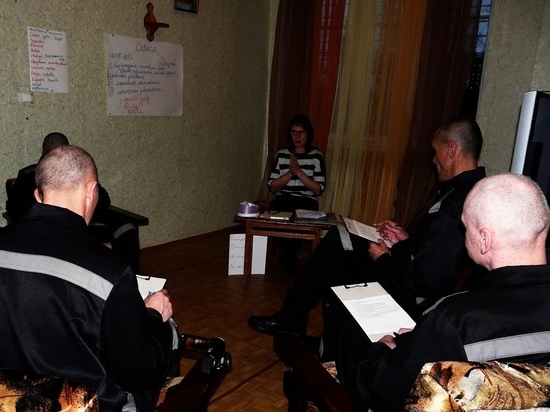
The method of gestalt therapy is used in their work by the psychologists of PKU LIU-4 when working with Karelian convicts who have been diagnosed with alcohol or drug addiction, the Karelian Federal Penitentiary Service told.
The definition of “gestalt” from a professional language has long passed into a colloquial one, but the very concept of gestalt formed the basis of this therapeutic method. Its main concepts are awareness and responsibility. Awareness leads to the development of a sense of responsibility. A person who has realized himself in the real world clearly understands that life consists only of his decisions and actions, for which only he bears full responsibility.
“Any dependence is based on a departure from reality, from the awareness of one’s place in this world. Drug addicts and alcoholics cannot “emotion” their feelings without the substances they take. Our main task within the framework of the Gestalt approach is to help the convict live in the real world “here and now”, realizing his problem, but not digging into himself. This is achieved by working through problematic issues and teaching new behaviors that are not related to the use of drugs and other substances. We train convicts not only to talk about their feelings, but to learn to be aware of them and experience them without alcohol and drugs, ”explains Irina Kondratova, head of the psychological laboratory of PKU LIU-4.
It is believed that Gestalt therapy helps addicts become more mature individuals, able to communicate with the outside world, express their emotions more clearly, be honest with other people and, first of all, with themselves. Convicts undergoing gestalt therapy learn to distinguish between their desires and the needs imposed on him by addiction.